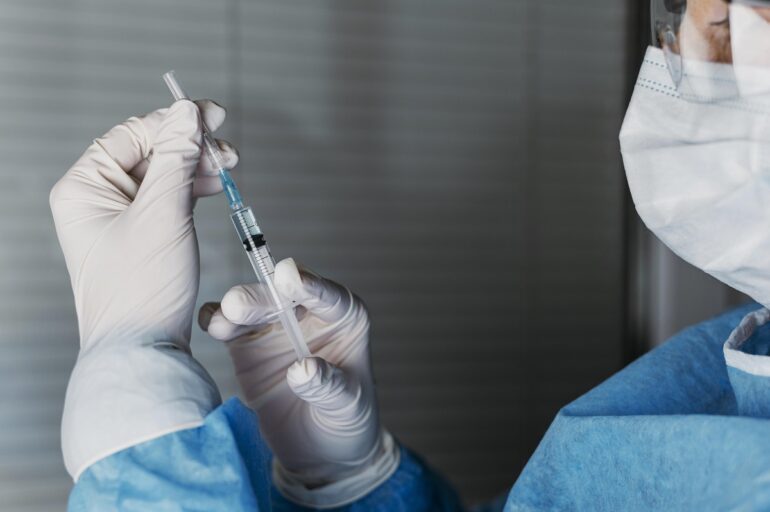An emergency shipment of 125,000 vaccines against hepatitis A for children and adults will arrive in the Czech Republic in the next five weeks, 20,000 of them this week alone, to meet the rising interest in the vaccination due to the epidemic, Health Ministry spokesman Ondrej Jakob told CTK today.
Three times more people have contracted hepatitis A in the Czech Republic this year than last year, and the interest in vaccination is therefore also much higher. Last year, 66,000 people in the Czech Republic were vaccinated against hepatitis in the whole year, while this year, almost 150,000 have been vaccinated so far.
According to the data provided to CTK by the State Institute for Drugs Control (SUKL), this year’s vaccine supplies more than doubled from June to the end of September.
“The Health Ministry, in cooperation with partners, has already secured more than 200,000 vaccine doses against viral hepatitis A, thanks to a functional drug coordination group with representatives of the SUKL, pharmacists and distributors,” said Health Minister Vlastimil Valek (TOP 09).
For most people, this vaccination is not covered by public health insurance, so they have to pay for the vaccine themselves. However, part of the cost, which is about CZK 1,500 per dose, is then refunded by insurance companies from the prevention fund.
The exceptions are those who have come into contact with someone infected, as well as members of the emergency services, healthcare workers, medical students, and residents of homes for the disabled, who have their vaccination covered.
Thanks to an amendment making it easier for insurance companies to approve the reimbursement, the hepatitis A vaccine could be covered by insurance from January 2027, the Ministry of Health said previously.
The country previously faced a major epidemic of hepatitis in 1979, when over 32,000 people were infected, and more than 8,000 in the following year. In the 1980s, the numbers continued to decline. In 1989, there were more than 2,600 cases. This year, nearly 1,800 cases were registered by the end of September, about 40% of them in Prague.








